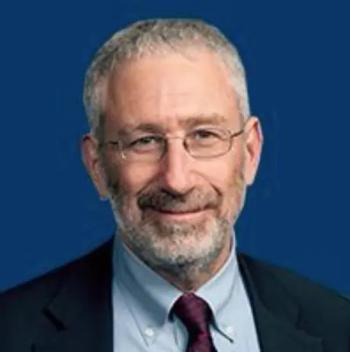
The foundation of physician recommendations and medical/regulatory policy will be guided by the outcomes of published clinical research.

Your AI-Trained Oncology Knowledge Connection!


Maurie Markman, MD, is president of Medicine & Science at City of Hope Atlanta, Chicago, and Phoenix

The foundation of physician recommendations and medical/regulatory policy will be guided by the outcomes of published clinical research.

Maurie Markman, MD, discusses the need for a decision support strategy to assist oncologists in treatment selection for patients with actionable mutations.

The absence of clearly articulated definitions and transparency related to how clinical trial outcomes are interpreted and utilized raise concerns.

Maurie Markman, MD, details how public trust is critical in the future of cancer care, diving into what leads to mistrust and misinformation today.

The goal in highlighting this development is to attempt to raise awareness of the critical issue of information overload and the need for multiple involved parties to actively and aggressively search for appropriate, effective, and fiscally rational solutions.

Maurie Markman, MD, highlights inroads made with immunotherapy, antibody-dependent cytotoxic agents, and molecular testing across oncology.

This commentary examines the use of words and expressions in the oncology domain and the implications of different interpretations by patients and their families from professionals employing this language, including academic authors and members of their clinical teams.
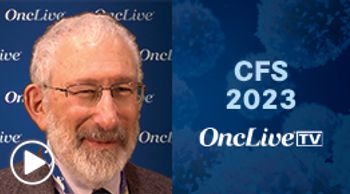
Maurie Markman, MD, discusses the importance of designing clinical trials for patients with ovarian cancer that are based on real-world data and consider the increasing complexity of treatment sequencing in this disease.

It is time for society to address the critical nature of our current unsustainable oncology pharmaceutical marketplace, and it is also essential that whatever solutions are proposed and implemented do not incorporate inappropriate labeling of outcomes that negate meaningful measures of clinical benefit.

Maurie Markman, MD, highlights the rather profound fiscal implications of the combined effect of 2 quite different but closely related components of the rapidly evolving cancer treatment paradigm.
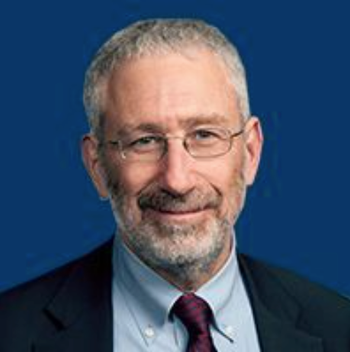
The well-publicized severe shortage of vitally important generic antineoplastic agents has highlighted a serious misalignment in the existing market-based and regulatory environment that permitted such an extraordinary situation to develop without meaningful resolution.

Several articles featured in a recent issue of the highly respected publication the Medical Letter on Drugs and Therapeutics highlight themes across drug development that are relevant within the broad antineoplastic arena. The topics range from appropriate control arms in randomized clinical trials to sponsorship of trials to the rationale for developing novel agents when suitable, cost-effective biosimilar and generic products are available.

An evaluation of the utility of a cancer therapeutic in a clinical trial is determined through metrics that define 2 distinctive features of an antineoplastic strategy: efficacy and toxicity. Although that may be an oversimplification, the aim of such therapy is to improve clinical outcomes.

In our fast-moving world where a report of a clinically important trial finding may be simply a 60-second sound bite for both lay and medical communities, it is critical that great care must be taken that reported conclusions are understandable to all, not just the statisticians.

Maurie Markman, MD, discusses changes in cancer management as seen in ovarian cancer.

The potential effectiveness of employing placebo in cancer clinical investigation is not difficult to appreciate, but the use of this approach has been, and continues to be, controversial.

When patients with cancer are asked to be participants in a clinical trial, they are informed that a primary purpose of the investigative effort is to develop objectively valid, generalizable information that may be of value to patients with the same malignancy or benefit researchers in the development of future studies.

Recent events threaten to seriously diminish the well-established and generally positively viewed role of both scientific and clinical expertise in health-related public policy.
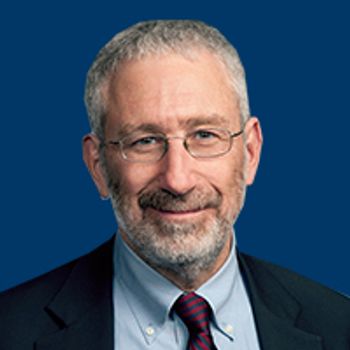
The evaluation of diagnostic quality in precision medicine should almost certainly be assessed by standards different from those used in drug development.

As the great baseball catcher and philosopher Yogi Berra noted, “When you come to a fork in the road, take it.” And in my opinion, we surely are at that juncture with human papillomavirus vaccination.

Phase 3 randomized trials often fail to reasonably represent the actual population of patients seen in routine community practice.

Successful manipulation of the immune system to achieve regression of cancer, long an unfulfilled goal of oncologic investigation, is an ever-increasing reality in multiple clinical settings.

Despite the favorable comments and interest in clinical trials, the objective fact is that a distressingly low percentage of patients with cancer, in the range of 2% to 4%, are enrolled in clinical investigative efforts.

Accelerated regulatory approvals in the past 10 to 15 years, both of novel drugs and their use as part of newer strategies present a challenge to relatively simple drug development and clinical use paradigms.

because of the differences between the characteristics of research subjects and individuals routinely cared for outside the confines of a clinical trial, appropriately designed examinations of “real-world” populations may provide a more relevant picture of the actual influence of a particular therapeutic intervention.

Overall survival is a critically relevant end point in randomized oncology clinical trials, but its interpretation is often not as straightforward as some may wish to acknowledge.
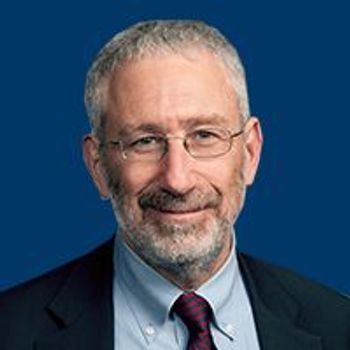
Several articles in a recent issue of the high-impact journal Science highlight areas of concern in the scientific community that may have detrimental effects on communications regarding the human papillomavirus vaccination as a cancer prevention strategy.

A core component of any type of therapeutic research is to enhance clinical benefit.

What is noteworthy is the process whereby this patient employs both objective data and his personal beliefs to declare what he values.

Outcomes from randomized phase 3 cancer trials are the foundation for regulatory approvals of novel antineoplastic therapeutics and, when available, treatment guidelines.